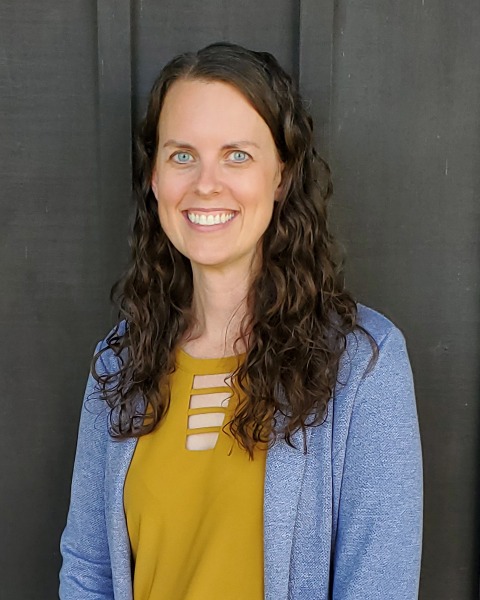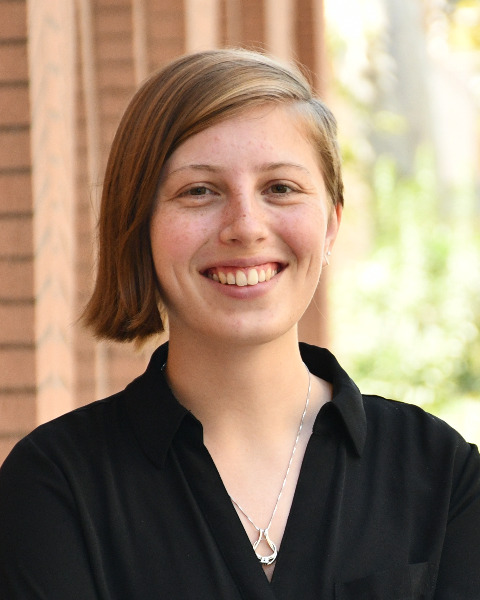Social Research, Policy, and Practice
The Promise of Digital Inclusion for Older Adults: Building Bridges for Underserved Older Adults in Two States
-

Skye Leedahl, PhD, FGSA, FAGHE (she/her/hers)
Associate Professor
Human Development & Family Science
University of Rhode Island
Kingston, Rhode Island, United States -
KW
Kathleen Wilber, PhD, FGSA, FAGHE
Professor
Leonard Davis School of Gerontology
University of South California
Los Angeles, California, United States -
NC
Namkee Choi, PhD, FGSA (she/her/hers)
Professor
Steve Hicks School of Social Work
University of Texas
Austin, Texas, United States -

Skye Leedahl, PhD, FGSA, FAGHE (she/her/hers)
Associate Professor
Human Development & Family Science
University of Rhode Island
Kingston, Rhode Island, United States -
CT
Cindy Tsotsoros, PhD (she/her/hers)
Assistant Professor
Human Development and Family Science
University of Rhode Island
Kingston, Rhode Island, United States -

Eleanor Batista-Malat, BA (she/her/hers)
PhD Student
Gerontology
University of Southern California
Los Angeles, California, United States
Chair(s)
Co-Chair(s)
Discussant(s)
Individual Symposium Abstract First Author(s)
Digital inclusion refers to activities completed to ensure that all individuals, especially those who are underserved, have access to and are able to utilize technology and needed support. This includes affordable, robust internet service; devices; digital literacy training; technical support; and applications/online content (National Digital Inclusion Alliance, 2022). Recognizing digital exclusion among older adults as a major public health and social equity concern, particularly during the pandemic, two states (California and Rhode Island) partnered with their respective state units on aging to offer technological devices (e.g., iPads) and intergenerational support to underserved older adults who speak multiple languages across the states. The university-based programs worked with their local Areas Agencies on Aging (CA) and senior centers (RI) through the State units on Aging to recruit and support older participants. This symposium will describe findings from three research projects within these large, ongoing research initiatives and discuss some of the lessons learned for conducting this type of applied research. The first paper by Marnfeldt and colleagues describes factors associated with digital readiness among participants. The second paper by Leedahl and colleagues examines predictors of digital competence among those interested in the program. The third paper by Tsotsoros and colleagues examines the influence of technological growth on various social well-being measures.The fourth paper by Batista-Malat and colleagues describes the strengths and barriers in working with community partners when completing applied research.
Learning Objectives:
- After attending this session, participants will be able to identify the predictors for pre-program digital readiness and digital competence for underserved older adults in an intergenerational technology program.
- After attending this session, participants will be able to describe the connections between pre/post program technology use and knowledge with pre/post measures of social well-being for older adult participants in an intergenerational technology program.
- After attending this session, participants will be able to describe strengths and challenges of implementing applied research within intergenerational technology programs focused on increasing digital inclusion for older adults.
Presentations:
-
3:30 PM – 5:00 PM ETPredictors of Digital Competence Among Older Adults Interested in an Intergenerational Technology Program
Individual Symposium Abstract First Author: Skye N. Leedahl, PhD, FGSA, FAGHE (she/her/hers) – University of Rhode Island
-
3:30 PM – 5:00 PM ETCrossing the Digital Divide: Assessing Digital Readiness Among Underserved Older Adults
-
3:30 PM – 5:00 PM ETChanges in Tech Use Predicting Social Well-Being for Intergenerational Program Participants
Individual Symposium Abstract First Author: Cindy E. Tsotsoros, PhD (she/her/hers) – University of Rhode Island
-
3:30 PM – 5:00 PM ETLessons Learned From Digital Equality Research With Community Partners
Individual Symposium Abstract First Author: Eleanor Batista-Malat, BA (she/her/hers) – University of Southern California
